Related Research Articles

Ernst Fuchs was an Austrian painter, draftsman, printmaker, sculptor, architect, stage designer, composer, poet, and one of the founders of the Vienna School of Fantastic Realism. In 1972, he acquired the derelict Otto Wagner Villa in Hütteldorf, which he restored and transformed. The villa was inaugurated as the Ernst Fuchs Museum in 1988.

Lőwy Hevesi Lajos, or Ludwig Hevesi was a Hungarian journalist and writer.

The SStB - Gutenburg was a steam locomotive of the Südlichen Staatsbahn (SStB) or Southern National Railway of Austria-Hungary.

The steam locomotives of Südbahn Class 23 (old) were goods train engines worked by the Austrian Southern Railway.

The Southern Railway is a railway in Austria that runs from Vienna to Graz and the border with Slovenia at Spielfeld via Semmering and Bruck an der Mur. Along with the Spielfeld-Straß–Trieste railway, it forms part of the Austrian Southern Railway that connected Vienna with Trieste, the main seaport of the Austro-Hungarian Monarchy, via Ljubljana. A main obstacle in its construction was getting over the Semmering Pass over the Northern Limestone Alps. The twin-track, electrified section that runs through the current territory of Austria is owned and operated by Austrian Federal Railways (ÖBB) and is one of the major lines in the country.

Erwin Puchinger was a Viennese painter, illustrator, industrial designer and graphic artist. He was an influential figure in Viennese art in the fin-de-siecle. Puchinger was a part of the Austrian Jugendstil and Gesamtkunstwerk movements, which sought to erase the boundaries between fine art and applied art. Puchinger worked in London, Prague and Paris as well as Vienna and collaborated with other major figures in Viennese art and design such as Ernst and Gustav Klimt and Otto Prutscher. He was a respected art professor at the Graphic Arts Institute, where he taught for more than thirty years. His work was also part of the painting event in the art competition at the 1936 Summer Olympics.

Trams in Vienna are a vital part of the public transport system in Vienna, capital city of Austria. In operation since 1865, with the completion of a 2 km (1.2 mi) route to industrial estates near Simmering, it reached its maximum extent of 292 km (181.4 mi) in 1942. In February 2015, it was the fifth largest tram network in the world, at about 176.9 kilometres (109.9 mi) in total length and 1,071 stations.

Ernst Hilmar was an Austrian librarian, editor, and musicologist.

Princess Maximiliana Josepha Caroline of Bavaria, was a Princess of Bavaria, daughter of King Maximilian I Joseph of Bavaria and Queen Caroline of Baden.
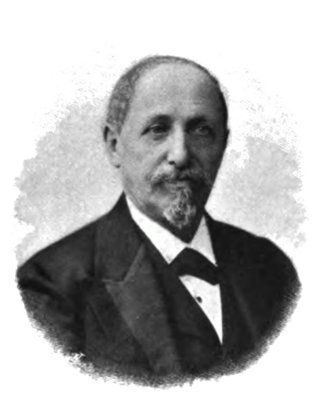
Josef Löwy was an Austrian painter, publisher, industrialist and Imperial and Royal court photographer.

Oskar Czerwenka was an Austrian operatic bass and academic teacher. He was a member of the Vienna State Opera from 1951 to 1986, performing 75 roles, including his signature role Ochs auf Lerchenau and premieres of new operas. He was also an author, visual artist and illustrator, and performed in concert. He received several awards, and the state music school in his home town was named after him.
LVCI 79-90 were a group of 2-4-0 steam locomotives of the LVCI, a private company of Austria-Hungary. The 12 Locomotives were supplied by Koechlin in 1858. They were very similar to LCVI 51–60.
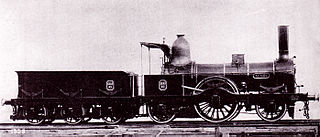
Locomotives LVCI 1-50 and 155-164 were 2-2-2 steam locomotives of the LVCI built for service on the railways of the Lombard-Veneto Kingdom. Numbers 1-50 were built by Robert Stephenson & Company and numbers 155-164 were built by Beyer, Peacock & Company.
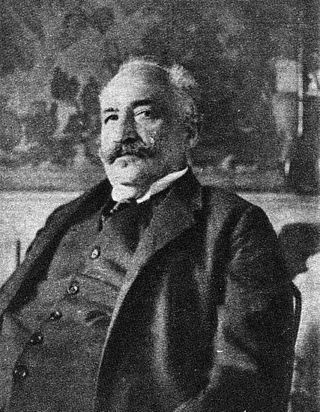
Ignaz Schnitzer was a journalist, translator, librettist and newspaper founder.
Josef Pfundheller was an Austrian writer and journalist, who also appeared as a playwright of the Alt-Wiener Volkstheater.
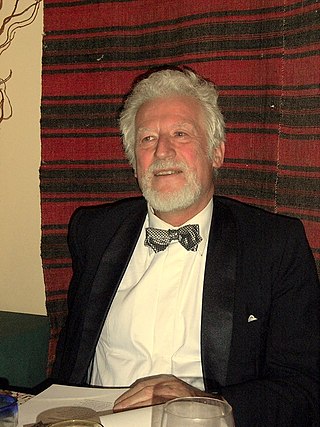
Helmut Birkhan is an Austrian philologist who is Professor Emeritus of Old High German Language and Literature and the former Managing Director of the Institute for Germanic Studies at the University of Vienna.

The BBÖ 478 was a class of fifty 0-8-0T shunting locomotives of the Bundesbahnen Österreich (BBÖ).
The BBÖ 181 was a class of 27 two-cylinder compound 2-10-0 tender locomotives of the Federal Railways of Austria.
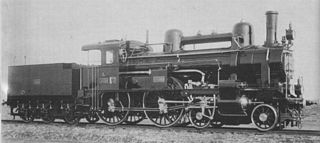
The kkStB 6 was a class of 68 express passenger 4-4-0 locomotives of the Imperial Royal Austrian State Railways.

Jakob Moritz Grün was an Austrian violinist of Hungarian origin. After positions as principal violinist in the court orchestras of Weimar and Hannover, he was, from 1868 to 1897, concertmaster of the Vienna Court Opera Orchestra. He taught notable players at the Vienna Conservatory from 1877 to 1908, including 20 future orchestra members, as well as Carl Flesch and Franz Kneisel.
References
- ↑ Obituary of Dipl. Ing. Eduard Saßmann on February 9, 2012 in Bahn-Austria Archived 2013-06-24 at the Wayback Machine (last request on February 19, 2012)
- ↑ http://www.breitenauerbahn.at/docs/plakat-suedbahnimp.pdf%5B%5D